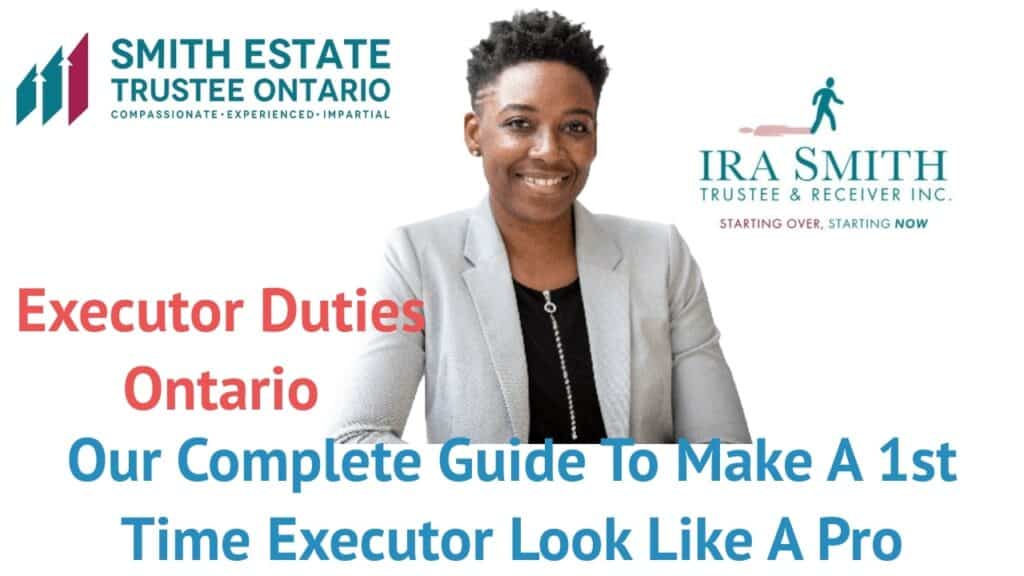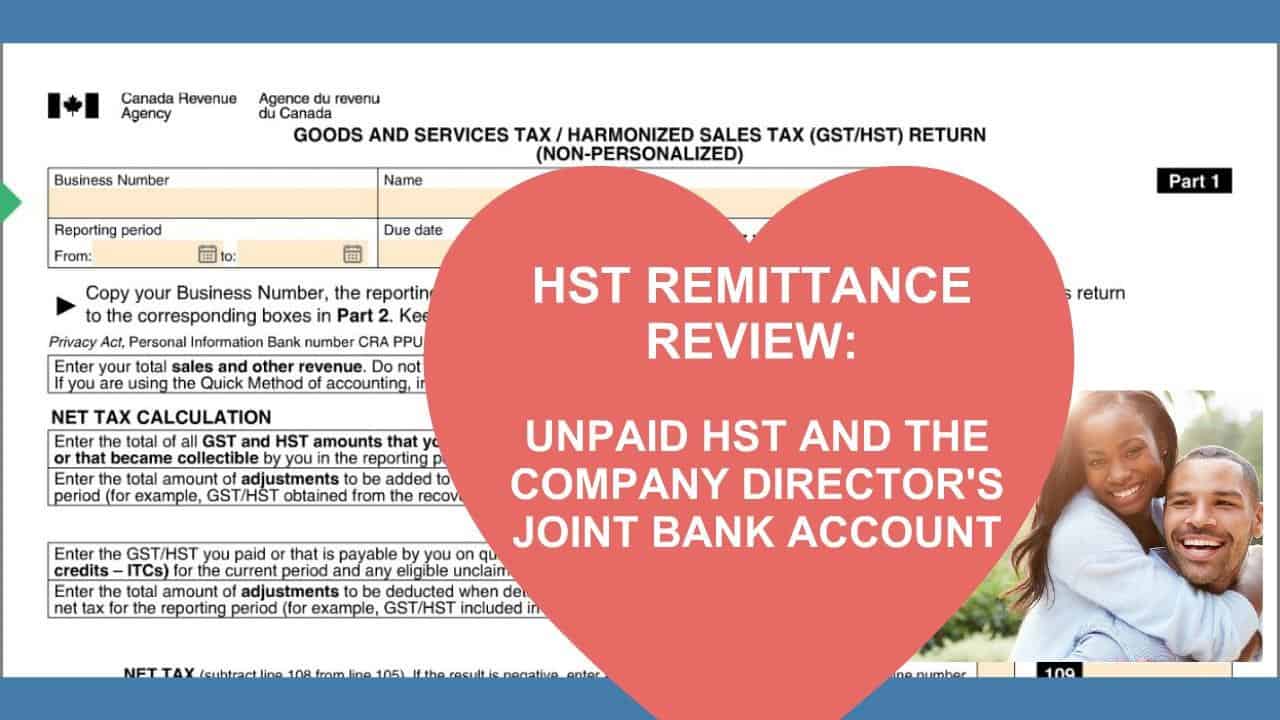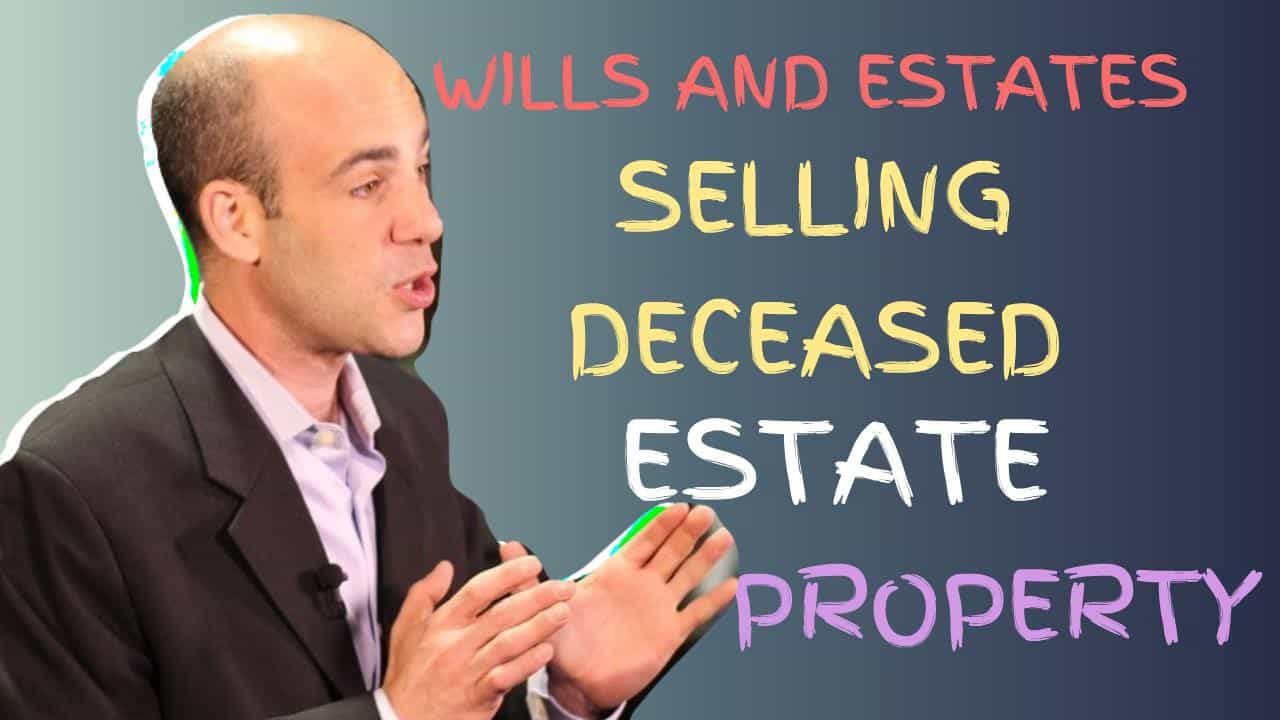What happens to your mortgage when you die? Introduction
There comes a time in everyone’s life when we must face the inevitable truth of our very own death. While it may not be the most pleasant topic to discuss, it is vital to consider the financial ramifications that may arise after we die. Specifically, have you ever questioned what occurs to your home mortgage loan when you pass away in Canada? In this Brandon’s Blog, we will explore this important topic, clarifying the function of beneficiaries, mortgage protection insurance, as well as estate preparation in addressing what happens to your mortgage when you die.
When a loved one passes away, the problem of dealing with their assets, liabilities, and all financial issues falls upon the shoulders of one or more of their survivors. One of the most substantial issues among all the types of debts the deceased may have had is the remaining mortgage loan balance and how it will be managed. Will your beneficiaries inherit this financial obligation, or can it be removed through specific processes? Feel confident, we will certainly provide you with valuable information as well as the positive steps to guarantee your legacy continues to be secure.
Comprehending the function of beneficiaries in mortgage affairs is of utmost importance. There is a way during your lifetime that you can shield your loved ones from acquiring the concern of your financial commitments. We will certainly guide you with the details of beneficiary classification, helping you move through the needed paperwork to choose the most ideal option(s) for your particular situation.
In addition, we will explore the essential role of life insurance coverage in the context of mortgages after death. A life insurance policy can function as a financial safety net that not just covers funeral expenditures yet can also be used to settle your mortgage debt. We will review various sorts of life insurance policy plans and their benefits, enabling you to make knowledgeable choices that protect your loved ones from unnecessary financial pressure.
Lastly, we will certainly explore the value of estate preparation in ensuring a smooth transition of your home, your other possessions and your mortgage. Appropriate estate planning allows you to manage just how your assets are dispersed, including your home mortgage. We will walk you through the elements to take into consideration when developing an estate strategy, such as creating a trust or thinking about joint ownership, providing you with the tools to secure your heritage and also supplying financial safety and security to your loved ones. We will discuss all the concepts but what we won’t talk about is how to draft your Will. That is a discussion you need to have with your lawyer.
Now is the time to gain a detailed understanding of what happens to your mortgage when you die in Canada. By taking proactive steps, you can safeguard your loved ones from a prospective financial concern and make sure a smooth changeover for your estate. Join us as we delve into this subject, supplying our thoughts and guidance to assist you in securing your legacy. Read more now!
What happens to your mortgage when you die? Understanding the basics of a mortgage
Defining a mortgage and its key components
A mortgage is a financial contract in which a mortgage lender offers funds to a consumer to acquire a property. It consists of numerous vital parts, such as the funding amount, rates of interest, payment duration, and regular monthly installments. Comprehending these elements is necessary to realize what occurs to a mortgage when you pass away. It is vital to acknowledge that the responsibility for making the monthly mortgage payments lies with the consumer, despite their life conditions. Nonetheless, there are actions you can take to protect your loved ones from the problem of a mortgage obligation after your death, including beneficiary classification, life insurance, and estate planning.
Understanding the Basics of a Mortgage
To grasp the ins and outs of what happens to your mortgage when you die, it is essential to initially understand the basics of a mortgage and your specific mortgage document. This section intends to supply a clear description of regular mortgage conditions. By familiarizing themselves with these terms, individuals can better navigate the complexities of the home mortgage process. People need to fully understand everything about their mortgage, including, the rate of interest and payment schedule, insurance policy requirements and penalties for defaulting, to be able to plan your estate properly. By acquiring a strong understanding of the essentials, readers can have self-confidence when considering their estate options.
The role of a co-borrower or co-signer
When it involves mortgages, understanding the role of a co-borrower or co-signer is critical as there is a difference if there was just a sole owner responsible for the mortgage obligation. A co-borrower is somebody that authorizes the mortgage contract as well as shares equivalent responsibility for the mortgage loan.
They have possession rights over the home and are just as accountable for making the mortgage loan repayments. On the other hand, a co-signer is someone that gives their credit reliability to help secure the loan but does not have any type of ownership legal rights. They are only responsible for the payments if the primary borrower stops making the payments.
Having a co-borrower or co-signer can provide extra security for the lending institution as well as may improve the opportunities for lending approval.

What happens to your mortgage when you die? The impact of death on a mortgage
Exploring the implications of death on mortgage payments
When a house owner dies, their home loan doesn’t simply disappear. The lender still has a lawful right to the home until the mortgage is paid off. If the mortgage remained in the property owner’s name alone, the estate will require to repay the balance. This can be done by selling the building or making use of funds from the estate.
If the mortgage was jointly held because there is a joint owner of a property, the surviving co-borrower will take control of the obligation of making the regular monthly payments, assuming they can afford to do so on their own. It is necessary to plan for the effect of death on a home mortgage loan by thinking about life insurance and your will to make sure that loved ones are not strained with mortgage payments after a house owner passes away.
Discussing the lender’s rights and options in such scenarios
When it pertains to what happens to your mortgage when you die, it is essential to recognize the rights and also choices of the loan provider. In such situations, lending institutions have the right to examine the situation and make a choice concerning the mortgage loan. They can choose to accelerate the loan and demand the need for instant payment or they can allow the surviving co-borrower to continue making payments.
In Ontario, lenders have the option to initiate the power of sale proceedings if the mortgage falls into arrears. It is important to be familiar with these options and plan for them when you are alive to protect your estate.
Sale clause in a mortgage agreement
In every standard mortgage, there is a sale clause. This stands as a typical provision included in the majority of mortgage contracts. This provision empowers the lender to demand complete repayment of the mortgage balance in the event of a property sale. The sale clause aims to safeguard the lender’s stake in the property since they have invested a substantial amount in the mortgage.
For borrowers, it becomes crucial to grasp the terms of their mortgage agreement and the possible ramifications of triggering the sale clause. Should a borrower intend to sell their property, seeking consultation with their lender becomes imperative to ascertain the terms and conditions required to steer clear of triggering the sale clause.
What happens to your mortgage when you die? Outlining the options available to settle a mortgage after death
When managing to settle a mortgage debt after death of the borrower, there are 2 choices offered to Canadians:
- Pay off the balance of the mortgage utilizing life insurance plan proceeds. Making certain that you have appropriate mortgage loan insurance in place permits you to utilize those funds for home mortgage payments, alleviating the worry of the family members you left behind.
- Another choice involves the estate of the deceased person. Depending on the conditions, the estate may have the capability to cover the mortgage loan by making use of other assets.
It’s essential to extensively think about these choices and consult estate planning professionals to make certain you protect your loved ones by adequately covering this financial debt.
Exploring the possibility of paying off the mortgage using life insurance proceeds
When it involves what happens to your mortgage when you die in Canada, one possibility is to explore using a life insurance plan to pay off the home mortgage loan balance. By having a life insurance plan in place, you can make use of the funds to repay the loan, thereby saving your family from that financial stress. This can be either a separate life insurance policy or specific mortgage insurance offered by the lender. You should carefully check out both types, as costs and qualifying for each type could vary significantly.
This enables them to save residential real estate without the obligation of a mortgage loan. Participating in this proactive method demonstrates a degree of financial responsibility and insight, ensuring your family members’ security and also safeguarding your legacy. Consider reviewing this choice with an experienced financial expert to evaluate the possibility of obtaining such insurance policy protection as well as understanding what the insurance premiums will be.
The role of the deceased individual’s estate in mortgage settlement
When considering what takes place on your mortgage loan upon your demise, recognizing the function of the departed person’s estate in mortgage settlement is critical. The estate, encompassing the dead person’s properties as well as obligations, plays an important part in identifying just how the mortgage will be settled. This may require selling off the property or selling off various other assets of the estate to raise funds for clearing the mortgage loan balance.
It is essential to have a well-prepared estate plan to make certain a seamless strategy for your Estate Trustee to follow, benefitting your beneficiaries and family after your passing away. Seeking support from legal and financial experts can assist navigate you with this process.

What happens to your mortgage when you die? Transferring the mortgage to another party
The concern surrounding your home mortgage’s destiny after your passing presents a possibility to plan ahead of time for the transfer of ownership to a loved one while at the same time knowing that the house will be protected and transferred according to your wishes. This mortgage transfer requires considering legal and financial elements and preparing the required documentation. This will require experienced guidance to navigate the procedure with the utmost skill.
Experts fluent in this area can assist with preparation, giving detailed guidance on the necessary actions while offering beneficial insights right into possible obstacles that may develop. By planning ahead of time for the transfer of both the mortgage as well as the property, you can protect your loved ones from the burden of needing to deal with this added burden after you are gone, ensuring financial safety and convenience.
The transfer of a mortgage following your death necessitates careful consideration of possible obstacles as well as legal and financial repercussions. You need to account for various elements, such as guaranteeing the prospective borrowers fulfill the loan provider’s requirements for assuming the home mortgage, in addition to fulfilling different obligations, such as making sure that the appropriate registry is updated and all necessary parties are alerted to the change of ownership.
In the context of what happens to your mortgage when you die, looking for specialist guidance for your planning is essential to make sure a smooth transfer of both the property and the mortgage happens after your death. The intricacy and also ins and outs involved in transferring both the mortgage obligation and its connected property can be overwhelming and challenging for the majority of individuals.
By getting in touch with seasoned specialists, you can guarantee a smooth and dependable change. These specialists have the needed expertise to navigate any prospective obstacles, using tailored options to match your special situation and assist in completing a smooth and orderly process easily when the time comes.
What happens to your mortgage when you die? Joint mortgages and death
For your basic estate planning when you are a joint mortgage borrower, understanding the complexities involved in a joint mortgage for the surviving borrower holds paramount relevance. Upon the death of one of the joint mortgagors, the remaining borrower might run into various issues with the mortgagee that were not anticipated. The obvious issue will be the ability of the remaining borrower to make all necessary mortgage payments without the joint borrower being alive to continue contributing. There will also be certain administrative details such as assuming sole possession of the property. If the remaining borrower cannot afford to keep the property, then marketing it to settle the mortgage debt is an obvious solution.
To proactively plan for this situation, both borrowers need to have an agreement and a plan in place as to what will happen upon the death of one of the joint borrowers. Seeking guidance from an estate planning expert is well-advised. By looking for professional recommendations, you can get a clear and detailed understanding of your legal rights and also obligations, thereby allowing you to choose the optimal course of action to safeguard the situation for both your joint borrower and your beneficiaries.
In such scenarios, it comes to be critical to confer with your lawyer to ensure the solution of a well-crafted strategy that meets everyone’s requirements. Thorough estate planning is of the utmost value. Protecting your interest in the property and also making sure the seamless transfer of your mortgage upon your death needs a comprehensive plan, including the relevance of your will.

What happens to your mortgage when you die? Importance of estate planning
Discovering the utilization of wills, trusts, and other legal strategies is pivotal in safeguarding your mortgaged property in the event of your passing. These tools allow for proper estate planning. A diligently prepared will certainly makes certain that your mortgaged property is duly resolved, assuring the protection of your loved ones from problems after you are gone.
Additionally, should the family situation be such that added protection is necessary, the use of a trust can offer added security by selecting a trustee to manage the property as well as disperse funds for mortgage payments. This is especially useful either where a minor child is involved or the adult child beneficiary may not be able to properly handle all aspects of property ownership.
Seasoned professionals can focus on these intricacies as well as can adeptly lead you through the procedure, assuring the protection of your legacy. In Canada, proper estate planning holds the utmost significance when a mortgage is also attached to the property, particularly when pondering the fate of the home and the mortgage after death. To navigate the complicated legal terrain, involving the services of a professional estate planner and lawyer becomes crucial.
What happens to your mortgage when you die? Conclusion
Recognizing what happens to your mortgage when you die in Canada holds vital relevance. This knowledge proves important in protecting your loved ones and cementing your legacy. Beneficiaries will be considerably affected by the ongoing mortgage obligations following your death. However, relying only on beneficiaries might prove insufficient or inappropriate.
To make sure extra safety and security and to ease the economic concerns after you are gone, it is advised to invest either in a life insurance policy as well as participating in thoughtful estate planning. By gaining valuable insights and taking aggressive steps, you can make certain that your mortgage won’t end up being an encumbrance rather than an ongoing way that your property will be protected and available for your beneficiaries.
I hope you enjoyed this what happens to your mortgage when you die Brandon’s Blog. In our role as a licensed insolvency trustee, we have had to administer the bankruptcy of many insolvent deceased estates. But what about when the deceased estate is not insolvent but there are other seemingly insurmountable problems?
That is why several years ago, we opened up a division of Ira Smith Trustee & Receiver Inc. called Smith Estate Trustee Ontario. We act as Estate Trustees for solvent estates where various problems arise requiring the appointment of an independent Estate Trustee. Some of the reasons why this service is necessary are:
- There is no will so the person died intestate.
- There is a will but the Estate Trustee(s) named in the will do not wish to act so they recuse themself(ves).
- Ongoing litigation makes it a requirement that an independent Estate Trustee be appointed to safeguard and liquidate the assets while litigation continues or until a settlement is reached.
As the independent Estate Trustee, we provide solutions for complex estate issues to end the pain and frustration the stakeholders are experiencing. We apply our expertise and creative thinking to take care of all details to end your pain and achieve the goals of the beneficiaries and other stakeholders.
We saw there was a need for an Estate Trustee, Executor/Executrix service that was much more than just the impersonal statutory walk-through offered by a large financial institution. We saw that not every person nominated to act as an estate trustee under a will has the desire or the skill set to handle the situation.
We have the skill set to solve the many complex problems in the administration of solvent deceased estates. We also have the compassion and experience to understand, relate to and empathize with the unique issues facing each stakeholder. We use our decades and generations of experience in acting as an Officer of the Court to bring parties together in a meaningful way.
If you have any questions about our independent Estate Trustee or Licensed Insolvency Trustee services, call us now for a no-cost consultation. We will listen to the unique issues facing you and provide you with practical and actionable ideas you can implement right away to end the pain points in your life, Starting Over, Starting Now.







